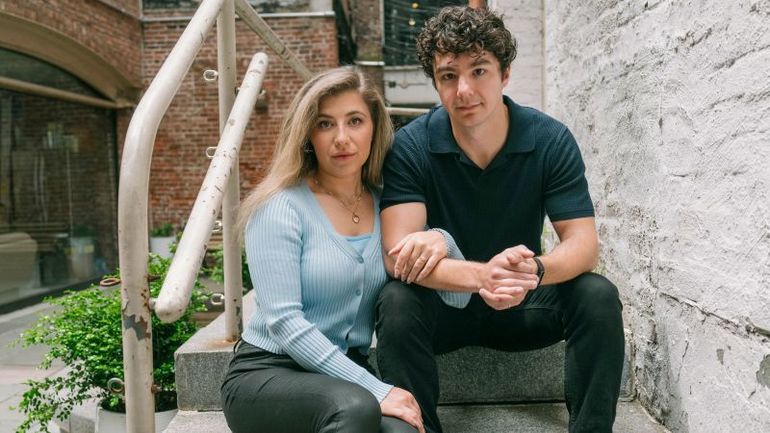
Voice Actor's Legal Battle Against AI Voice Theft

After providing one-off voice samples, voice actor Paul Lehrman discovers his voice narrating content he never recorded. A lawsuit ensues as he claims AI stole his voice for YouTube videos and podcasts.
Voice actor Paul Lehrman thought he was recording one-time voice samples for a job in 2020. However, he later discovered his voice narrating a YouTube video and a podcast that he never recorded.
Lehrman, along with fellow voice actor Linnea Sage, is now suing AI firm Lovo. They claim that the company misled them into recording voice projects, which were then used to create and sell AI-generated versions of their voices. Lovo, based in Berkeley, California, promotes its AI-generated voice technology for marketing, education, and product demonstrations.
Lehrman and Sage have filed a lawsuit against Lovo, seeking class action status to include others whose voices and identities were stolen and used. The complaint was filed in the Southern District Court of New York, as reported by the New York Times.
This lawsuit by voice actors is part of a series of legal actions against tech companies. Creatives, writers, and artists claim that their work was used without permission to train AI systems that could potentially compete with them. These lawsuits reflect a growing concern over the use of large amounts of data to train AI models, which may violate copyright and intellectual property laws.
"Implicit in LOVO’s offerings is the agreement that every voice-over actor has agreed to LOVO’s terms and conditions. This allows customers to access the actor’s voice," the complaint states. However, for Lehrman, Sage, and others who have not agreed to LOVO’s terms, the unauthorized use of their voices is considered theft of service and misappropriation.
Left to right, clockwise: Katy Perry, Stevie Wonder, Jon Bon Jovi, J Balvin.
Left to right, clockwise: Katy Perry, Stevie Wonder, Jon Bon Jovi, J Balvin.
Amy Sussman/Kevin Winter/Monica Schipper/Getty Images
Related article
Katy Perry, Billie Eilish, J Balvin and more lash out against ‘enormous’ AI threats that ‘sabotage creativity’
Lovo did not immediately respond to a request for comment on the lawsuit.
In May 2020, Lehrman received a request for voice-over narrative services on Fiverr from an account called “User25199087.” He was told the voice sample would be used for "academic research purposes only" and that the scripts would not be used for anything else. Lehrman was paid $1,200 for the job.
Lehrman found a YouTube video two years later that seemed to have his voice narrating it, even though he had never been a part of making it. Later, in June 2023, Lehrman heard his voice being used on a podcast discussing the risks of AI technologies.
In a similar situation, Sage was hired on Fiverr in 2019 to create "test scripts for radio ads" with the assurance that they would not be shared outside. She was compensated $400 for the job.
Sage found her voice in a YouTube video where a Lovo investor presentation showcased its technology.
Lehrman and Sage claim that individuals from Fiverr, who they believe were Lovo employees, misled them about the purpose of their voice samples. Later, these samples were used to sell or raise funds for the AI-version of their voices.
The complaint states that the product customers buy from LOVO is actually stolen property - voices taken by LOVO and falsely presented as their own. The actors are asking for over $5 million in damages and a court order to stop LOVO from using their voices without permission.
Editor's P/S:
The lawsuit filed by voice actors Paul Lehrman and Linnea Sage against AI firm Lovo highlights the growing concerns over the unauthorized use of copyrighted material to train AI models. Lehrman and Sage allege that their voices were recorded under false pretenses and later used to create AI-generated versions without their consent. This practice not only violates intellectual property rights but also raises ethical questions about the exploitation of artists' work.
The lawsuit is part of a broader trend of legal actions against tech companies that have been accused of using large amounts of data to train AI systems without proper licensing or compensation. This practice has the potential to undermine the livelihoods of creatives, writers, and artists, who rely on their unique voices and expressions for their income. It is crucial that tech companies prioritize transparency and ethical practices in the development and deployment of AI models to ensure that the rights of creators are protected.







